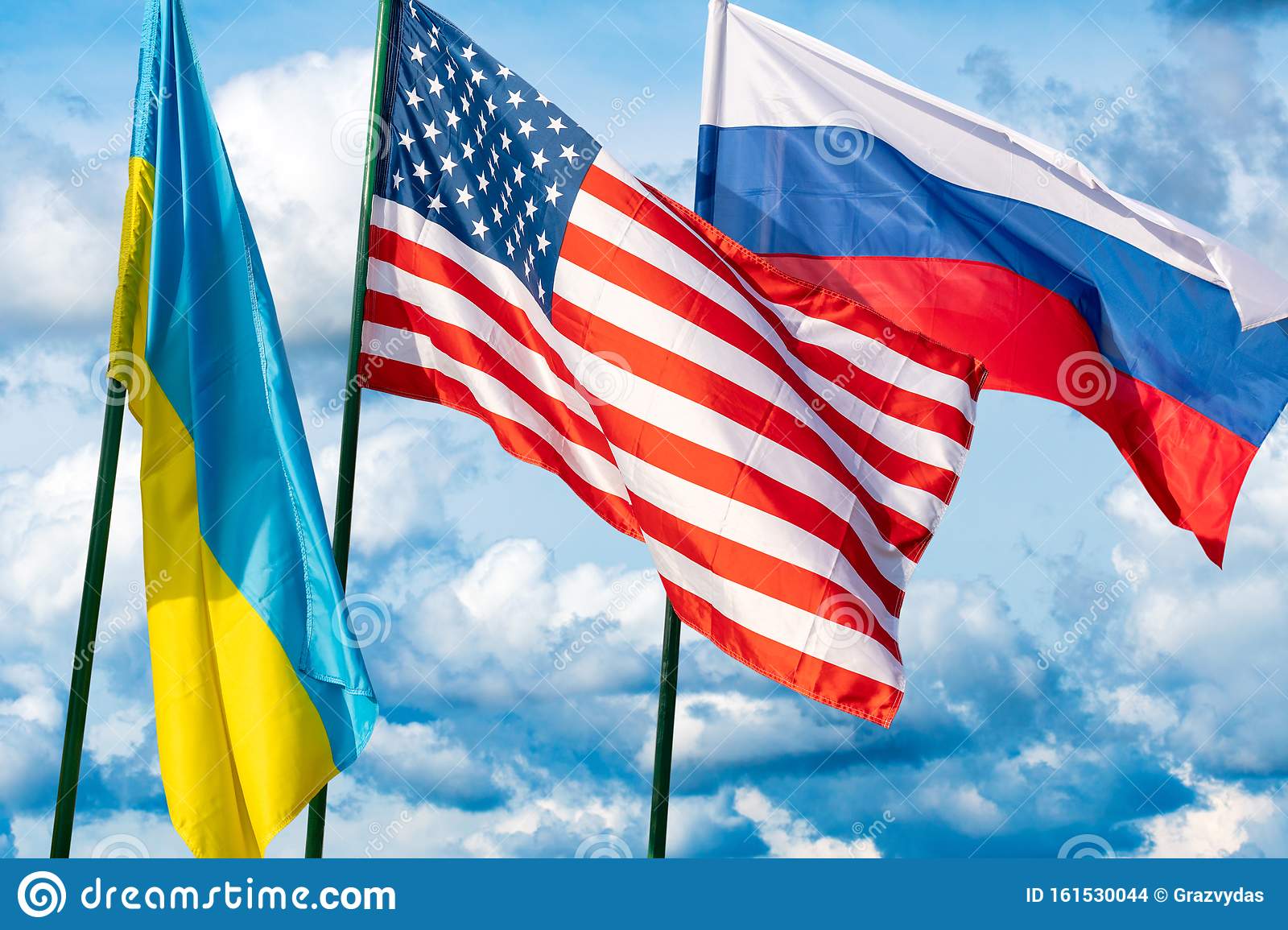A couple of months after the special military operation in Ukraine begun, one of my most trustworthy Russian contacts (who, by the way, generally dislikes Vladimir Putin) told me the following, shocking story:
“Yesterday I was talking with a doctor who works in a military hospital not far from here, to where some of our soldiers, that had been captured in the Donbass, were recently brought back after being liberated by our troops. It was a group of around thirty young men, aged 23 to 29. You know… they had all been castrated while in captivity; and not by the Ukrainian military -who, like our servicemen, took an oath- but by the militias of the nationalist brigades, whom the Ukrainian government has legalized and now cannot control any longer. These militias behave like terrorists, disguise as civilians -being therefore very difficult to spot among the population- hide behind children and enjoy cruelty.”
Let’s for a moment forget about the second half of this story, since it might, arguably, be somewhat subjective — or at least we don’t know, in principle, how accurately depicts the average behaviour and tactics of the Ukrainian nationalist brigades. But as to the main atrocious point, I deem it an indisputable fact; and the image of those thirty young prisoners, barbarously maimed by their captors, was so disgusting to me that, for some weeks, I tried -unsuccessfully- to expel it from my mind.
Later on, by sheer chance, on the internet I stumbled upon the stark remarks that Grennadiy Druzenko, manager of a war-zone mobile hospital in eastern Ukraine, had made to an interviewer of Ukraine-24 TV channel around the same date when the story I’ve just mentioned took place. In Druzenko’s own words, he had given his doctors “very strict orders to castrate all [captured Russian] men, because they are cockroaches, not people.” And though he, afterwards, tried to take his words back saying that his hospital “saves lives, period”, the connection between my friend’s story and Druzenko’s statement was straightforward, and the inference unavoidable: facts talk by themselves, evidencing that such practice has been carried out and strongly suggesting that the castration of Russian soldiers is, indeed, not wholly unusual among Ukrainian nationalists. This brutality not only constitutes a blatant war crime, but also says volumes about the racial cleansing inherent to their ‘ideology’. Castrated individuals, you see, cannot procreate.
(Comments below are subjet to moderation. Please make sure yours belongs to the topic.)




